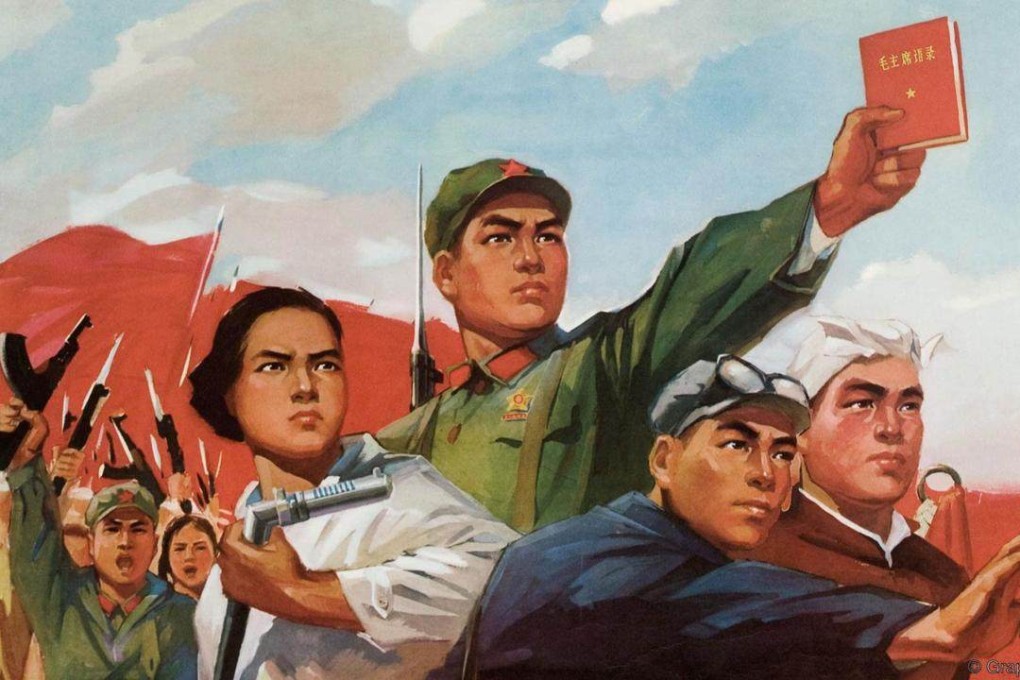My Take | How a controversial socialist phrase became lost in translation
- When it comes to President Xi Jinping’s use of the phrase, ‘engineers of the human soul’, Western critics often approach the subject from a fixed perspective and use their own terminology to interpret it, creating an unnecessary and sinister image

I recently hit upon a translation conundrum. One interpretation leads to communist totalitarianism or at least extreme social engineering; the other to a far more benign traditionalist reading rooted in historical cultures and languages. One is Western/English, the other is Russian and Chinese. It’s highly relevant today because President Xi Jinping and Wang Huning, the chief ideologist or philosopher king of the Chinese Communist Party (CCP), have used it to convey the notion of a model teacher.
The phrase in question is: “the engineers of the human soul” or “人類靈魂工程師”. Right off the bat, to a Western ear, it sounds sinister. That was how it initially sounded to me. And I had plenty of push down that path from several Western China specialists and scholars. Thankfully, that wasn’t the end of the story. It has been educational, for me anyway.
The sinister Western version
Writing in the web magazine The Article, American literary critic Jeffrey Meyers observes how Stalin demanded artists and poets be “engineers of the human soul” while simultaneously liquidating a great number of them.
He wrote: “[Stalin] thought that influential and dangerous authors had to be brutally suppressed and vaporised. Whenever his torturers in the Lubyanka failed to extract immediate confessions, Stalin would ask, ‘Is this a hotel or a prison?’”
Setting the record straight about an essay wrongly attributed to Wang, David Ownby, translator and editor of an influential translation website, “Reading the China Dream”, wrote that the piece on the Cultural Revolution was actually a forgery. Besides publishing a corrected version of Wang’s essay, he also offered an amended introduction by sinologist Matthew Johnson. Ownby quoted his comment approvingly: “As Matt Johnson has persuasively argued, Wang Huning is powerfully connected with the idea that the CCP sees itself as the “engineer of China’s soul”.
